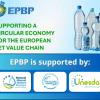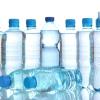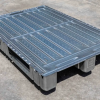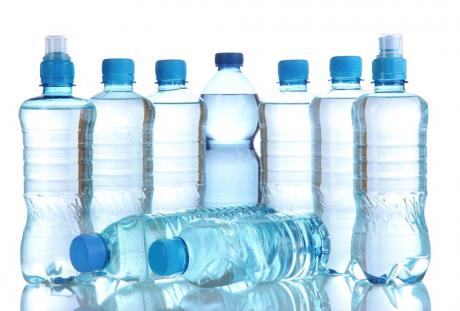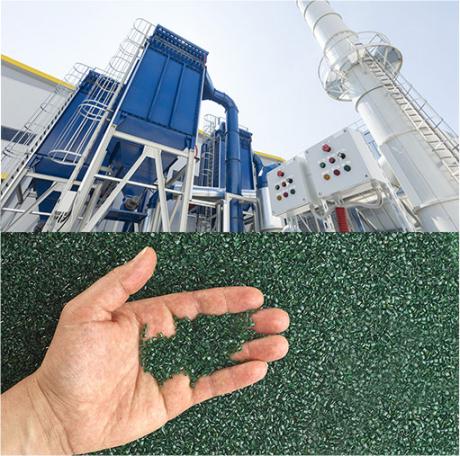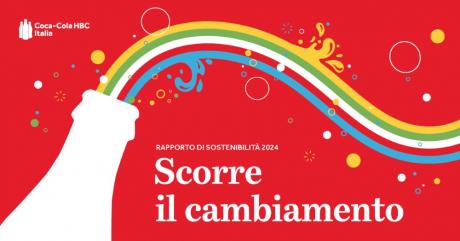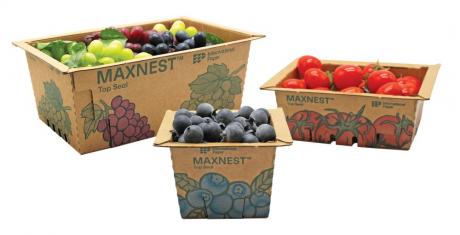Wikimedia Commons, the free media repository
Nespresso announces new aluminium capsule recycling figures for 2023 and confirms the steadily growing results of the 'From Chicco to Chicco' circular economy project for the first four months of 2024.
With a total of over 1,800 tons of capsules recovered last year, +10% compared to 2022, the project has made it possible to recover and recycle almost 11,000 tonnes of capsules in 12 years, generating new resources from the two materials that make up the capsules: over 650 tonnes of aluminium have been sent to foundries and transformed into new objects, and over 6,500 tonnes of used coffee have also been used to produce compost that is then used to grow rice. Positive results, also supported by a total investment in Italy of 10 million euros and new recovery targets for 2025: to reach 900 tons of aluminium and over 9,000 tons of coffee to be reused in concrete projects.
Launched in 2011 thanks to an agreement with CiAL (National Consortium for Aluminium Packaging), Utilitalia and CIC (Italian Composters' Consortium), "Da Chicco a Chicco" is the circular economy project through which customers can return their used aluminium capsules to special collection points inside Nespresso boutiques and to the initiative's partner eco-islands distributed throughout the country, which have now reached over 200 collection points in more than 100 Italian cities. Once collected by the local waste management companies, with specific agreements in each city and in collaboration with CIAL, the used capsules are processed and recovered at the Garm, Gavardo Recupero Metalli (Gavardo Metal Recovery) plant in the province of Brescia, where the aluminium is separated from the coffee to give both materials a new lease of life.
Thanks to the presence of specific machinery for the processing of aluminium capsules and the recovery of new raw materials, the treatment and separation of the two materials that make up the used capsule takes place at the plant: the aluminium is recovered, fractioned and sent to the foundries to start the recycling process that transforms it into new objects such as pens, bicycles, bookmarks and much more, while the used coffee is sent to a composting plant to be used in the production of compost and then also to a rice field in the province of Novara. The rice produced thanks to this natural fertiliser is then bought back by Nespresso and donated to the Banco Alimentare of Lombardy, Lazio, Piedmont, Apulia and the Food Bank of Emilia-Romagna, the latest regional branch of the association to join the project a few weeks ago, which will benefit from the first donation of rice once the collection is completed in November.
Thanks to the well-established partnership between Nespresso and Banco Alimentare since 2011, 5,500 quintals of rice have been donated, equivalent to more than 6 million meals. In 2023 alone, through the food banks of Lombardy, Lazio, Piedmont and Apulia, it was possible to donate around 900 quintals of rice, the equivalent of 1 million plates of rice (1 plate = 90 grams), which reached more than 2,500 charitable organisations - including shelters, street units, canteens and support areas - and more than 500,000 people in difficulty through special deliveries and solidarity parcels. A commitment that, with the new entry of the Banco Alimentare dell'Emilia-Romagna, will allow even greater support to be given to organisations working in Italy to help the most vulnerable.
Giving a second life to used aluminium capsules so that they can generate new resources for local areas and communities is the aim of Nespresso's 'From Chicco to Chicco' project, launched in 2011.
A constant commitment to expand and bring it closer to people, so that the return of used capsules becomes an increasingly widespread habit. For this reason, during 2023 and the first months of 2024, the project was further expanded, thanks to the growing commitment of the companies managing the separate collection of waste in Piedmont and Emilia-Romagna, which allowed the inclusion of a total of 30 new ecological islands for the return of capsules in the two regions. This increase is also reflected in the recycling figures for the first four months of 2024, with almost 740 tonnes of capsules collected, an increase of 14% compared to the same period in 2023.
A constant growth in terms of numbers and resources recovered, thanks to all the people who commit to returning their used capsules, but also thanks to the participation of our partners, who allow us to grow with an ever-increasing impact on communities: from CiAL, Utilitalia and CIC, who believed in the project from the beginning, to the companies that manage the collection of recyclables in the different regions and help us to spread it more and more throughout the territory, and finally to the regional offices of Banco Alimentare, to reach and support more and more people.
commented Silvia Totaro, Sustainability & SHE Manager at Nespresso Italiana.
The collaboration with Nespresso is a feather in the cap of our consortium. It is a constant, daily commitment that allows us to recover and recycle material that would otherwise end up in landfills. Of course, there is still a long way to go to achieve impressive recycling rates, but the network in the area is becoming denser and more solid, and the number of collection points for used aluminium coffee capsules is increasing month by month. Having started just over 10 years ago, we have now achieved a wide territorial coverage, but there is still a lot of room for improvement. In this sense, cooperation with the companies that manage municipal waste in the various municipalities is essential, as are agreements with platforms. We are talking about a complex system that CiAL is coordinating to the best of its ability and that has so far produced excellent results,
said Stefano Stellini, General Manager of the CiAL consortium.


